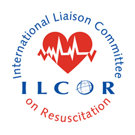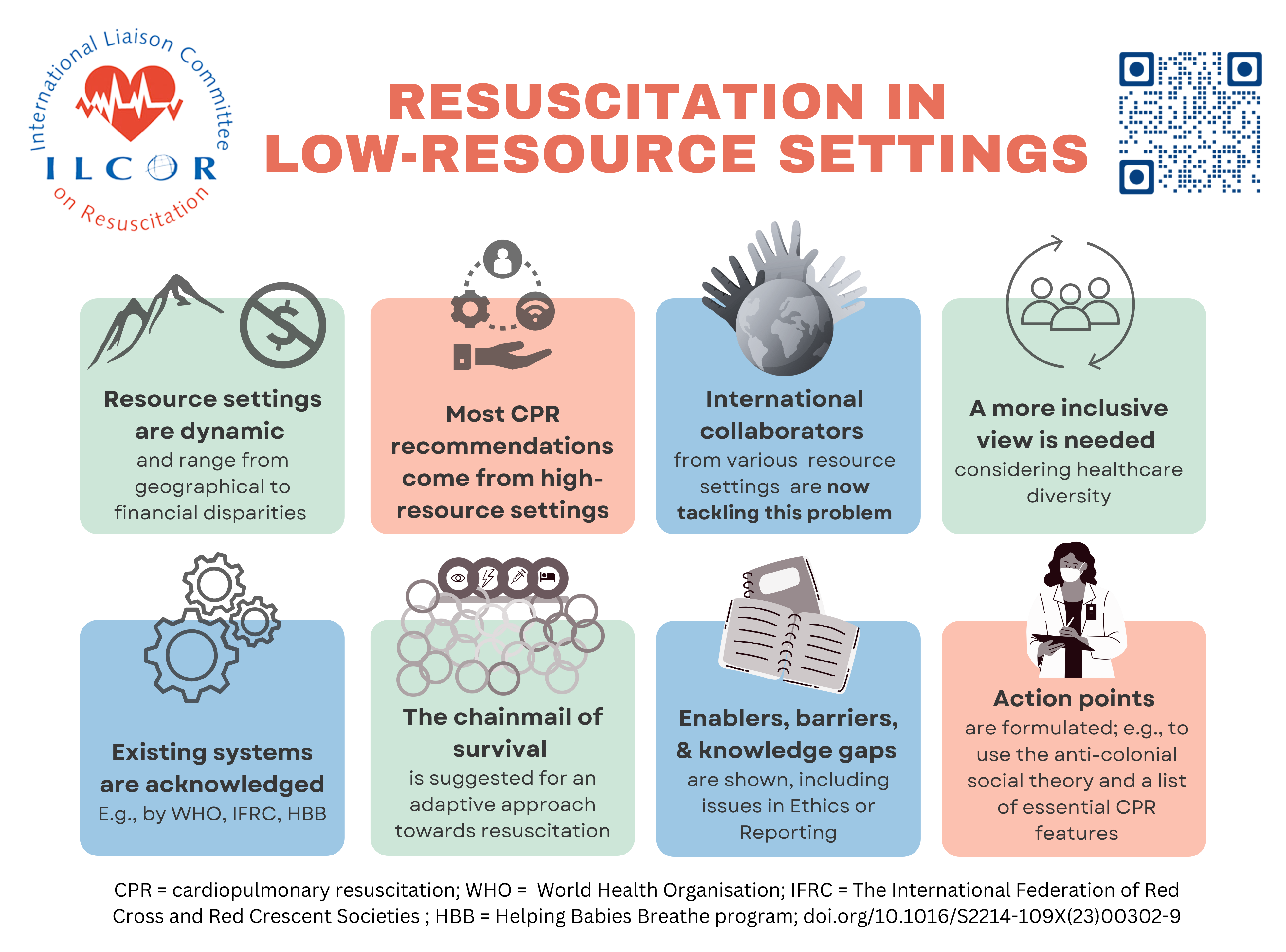The International Liaison Committee on Resuscitation (ILCOR) releases a statement, supported by the African Federation for Emergency Medicine (AFEM), the European Society for Emergency Medicine (EUSEM), the International Federation for Emergency Medicine (IFEM), and the International Federation of Red Cross and Red Crescent Societies (IFRC).
Media Release - Cardiopulmonary resuscitation in low-resource settings
Cardiac arrest and subsequent cardiopulmonary resuscitation (CPR) are major healthcare issues worldwide. Survival rates rise internationally due to improved care and standardized treatment algorithms, but data are very heterogenic. Historically, recommendations by the International Liaison Committee on Resuscitation (ILCOR) have been developed from the perspective of a high-resource setting and are aimed to be applied there.
This statement is a first acknowledgement by ILCOR that up until 2023, CPR recommendations have indeed not been inclusive of large parts of the world. We highlight that current ILCOR recommendations are not applicable in many (low resource) settings worldwide. A truly global approach towards resuscitation is needed, guidance cannot be one-size fits all.
ILCOR has formed a collaboration group of experts from various low-, middle-, and high resource settings. ILCOR aims to ensure that recommendations are more globally applicable –in most parts of the world if not everywhere.
This statement serves as a steppingstone to develop a truly global approach to guide resuscitation care and -science, including healthcare systems all over the world.
You can find the full open-access statement here: The Lancet Global Health
Correspondence to: Sebastian Schnaubelt, MD, PhD at ilcor@heart.org

